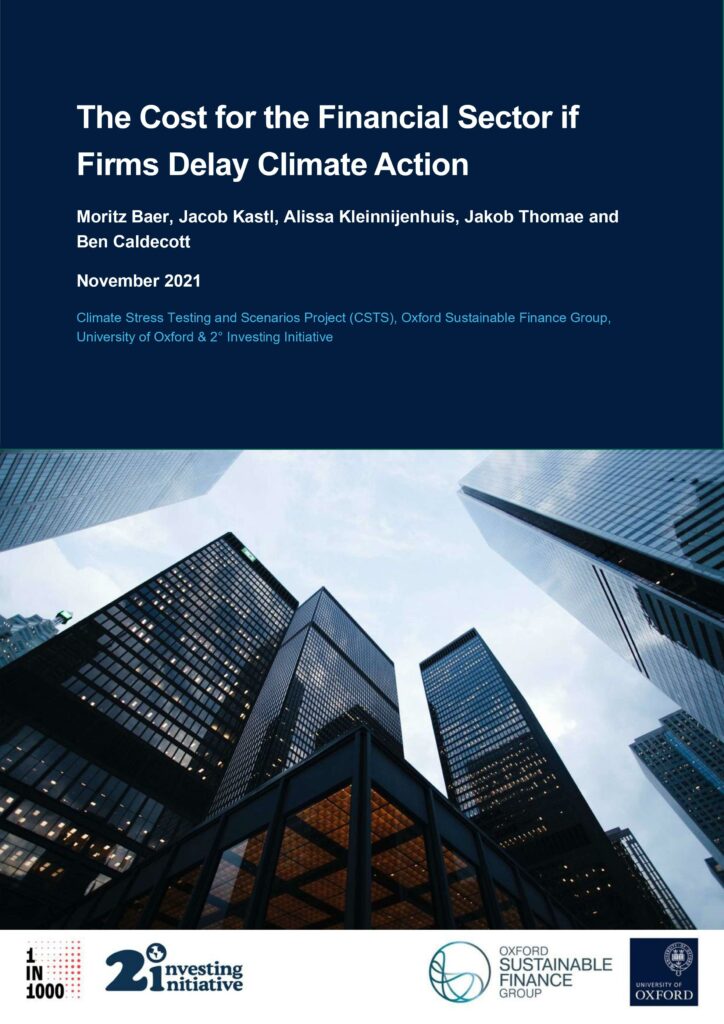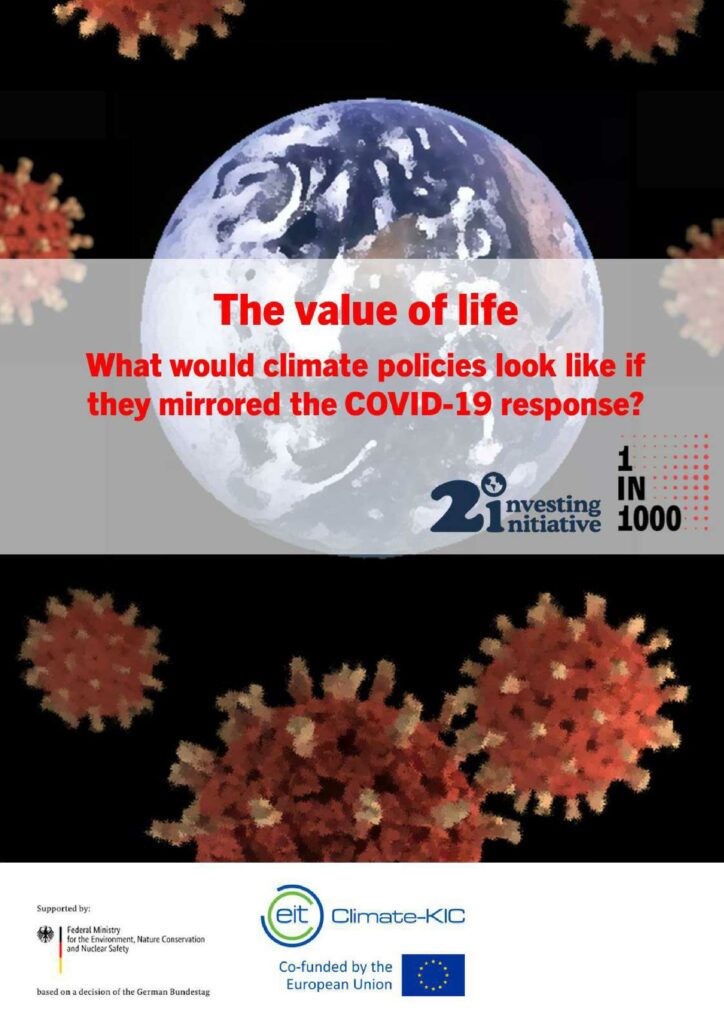The 1in1000 program aims to integrate risks posed by climate change, ecosystem service and biodiversity loss, and the breakdown of social cohesion into financial processes and regulations. It focuses on developing long-term risk metrics, designing risk management tools and frameworks, and building capacity for financial institutions and supervisors.
1in1000 acts as host to Theia’s research and partnerships with financial institutions, central banks, NGOs, academia, and financial policymakers on three key areas:
- Developing performance standards and metrics to define ‘long-term investors’ and a ‘long-term banks’;
- Designing risk management tools and frameworks to quantify climate change-related risks and related issues, notably ecosystem service and biodiversity loss, and threats to social cohesion & resilience;
- Building capacity, policies, and incentives to help financial institutions and supervisors mitigate and adapt to future risks and challenges.
For more information, read the concept note here and visit the 1in1000 website here.
More on the program
1in1000 brings together several new and existing research initiatives, including the stress-testing work with financial supervisors, its “Tragedy of the Horizons” publication series on long-termism, and its policy analysis on incorporating future risks into private and government practices.
The program aims to address a critical gap in the financial and policy sectors, where short time horizons have prevented the integration of long-term risks into investment metrics, processes, and regulations. Its name represents three concepts: first, the challenge of dealing with improbable but potentially high-impact events, which are not incorporated into the 3–5-year time horizons that dominate financial decision-making. Second, the inevitability that these risks will materialize at some point in the future. And third, financial markets’ lack of capacity and resilience, which prevents them from delivering an adequate response when these events do occur.
Funder information: The program is part of the International Climate Initiative (IKI). The Federal Ministry for the Environment, Nature Conservation and Nuclear Safety (BMU) supports this initiative on the basis of a decision adopted by the German Bundestag. This project has received funding from the European Union’s Life NGO program under Grant Numbers LIFE20 NGO/SGA/DE/200040 and LIFE19/NGO/SGA/DE/100040. This research has also been funded by the International Network for Sustainable Financial Policy Insights, Research and Exchange (INSPIRE). INSPIRE is a global research stakeholder of the Network for Greening the Financial System (NGFS); it is philanthropically funded through the ClimateWorks Foundation and co-hosted by ClimateWorks and the Grantham Research Institute on Climate Change and the Environment at the London School of Economics. This program has also received funding from EIT Climate-KIC.
Disclaimer: The program’s work reflects only the authors’ views and the Agency and the Commission are not responsible for any use that may be made of the information it contains.










